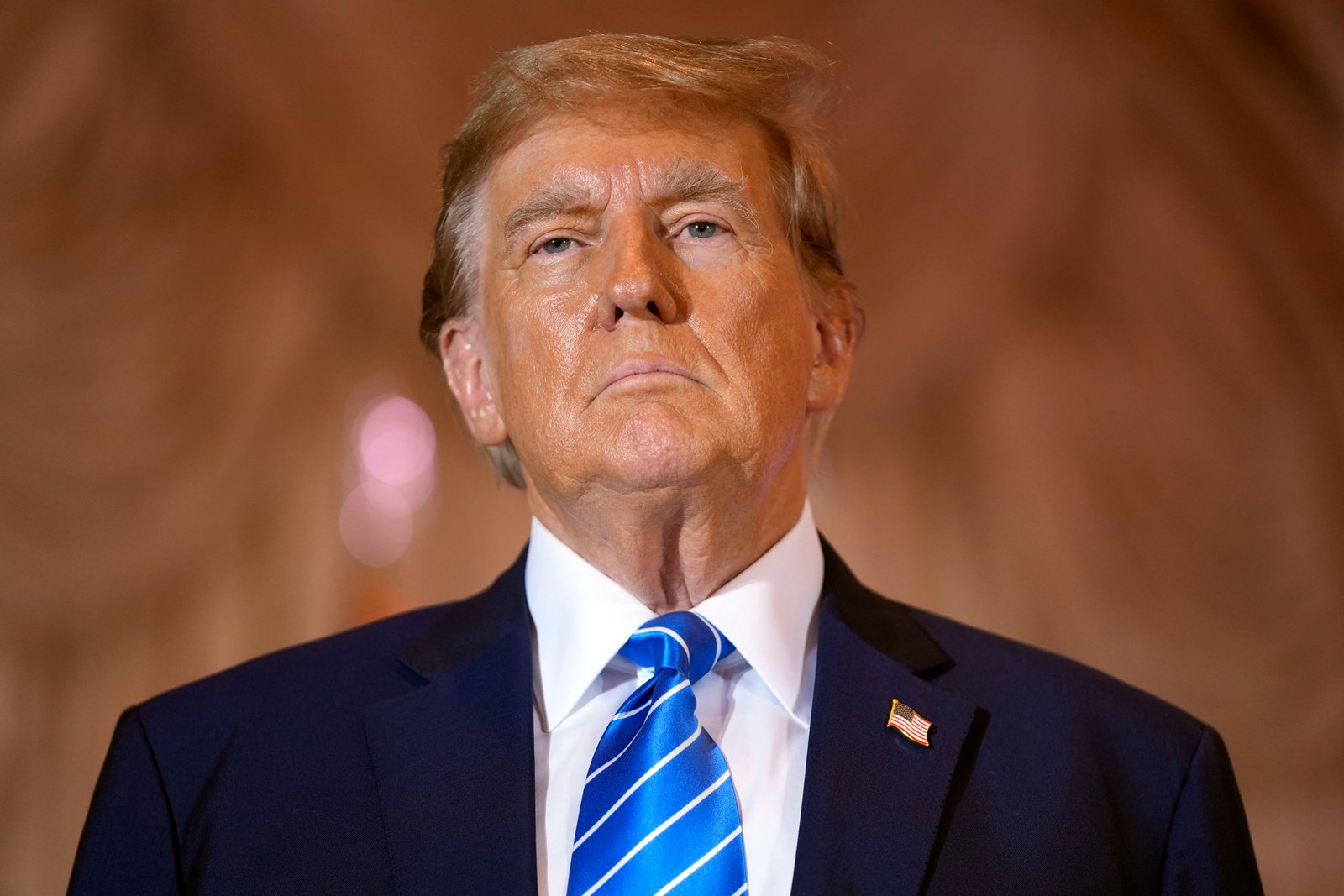President Donald Trump Faces Challenge Over Iran Nuclear Deal Amid Pledges for Peace in Palestine and Ukraine
President Donald Trump, who has yet to fulfill his election promises of bringing peace to Gaza and Ukraine, now faces another complex challenge—bringing Iran’s nuclear program under control.
President Donald Trump Faces Challenge Over Iran Nuclear Deal Amid Pledges for Peace in Palestine and Ukraine
President Donald Trump Faces Challenge Over Iran Nuclear Deal Amid Pledges for Peace in Palestine and Ukraine
President Donald Trump, who has yet to fulfill his election promises of bringing peace to Gaza and Ukraine, now faces another complex challenge—bringing Iran’s nuclear program under control.
The second round of negotiations with Iran is set to take place this Saturday in Rome, something many had thought impossible, especially after Trump canceled the 2015 nuclear deal and adopted a "maximum pressure" policy during his first term. However, a recent meeting in Oman, which both sides described as "positive," has sparked some cautious optimism.
According to White House sources, while the possibility of an interim deal exists, a comprehensive agreement still seems far off. On Thursday, President Trump said, “I don’t want to strike Iran. Talks are my first choice. But if there are alternatives, they won’t be good for Iran.”
✉ Talks Led by Trump Ally from the Business World
Leading the talks on behalf of the U.S. is Steve Witkoff—a real estate businessman with no formal diplomatic experience, but a close friend of President Trump. Analysts suggest that despite his direct access to Trump, his lack of experience could give Iranian strategists an upper hand.
Representing Iran is Foreign Minister Abbas Araghchi, a tough and seasoned negotiator. He recently stated, “Uranium enrichment is our right. This is not negotiable.”
Steve Witkoff has caused confusion with contradictory public statements about the U.S. position. At times, he has suggested Iran may be allowed to enrich uranium at low levels, while at other times he has insisted on full abandonment. This inconsistency has led to suspicion in Tehran about whether the U.S. is genuinely interested in reaching a deal.
Trump’s announcement of renewed talks reportedly shocked Israel. Prime Minister Benjamin Netanyahu said, “Only a deal like Libya’s full nuclear disarmament in 2003 is acceptable.” However, analysts believe Iran is unlikely to accept such conditions.
Gulf countries are in favor of continued dialogue, but they also express concern about being left out of direct involvement in the negotiations between the U.S. and Iran.
Laura Blumenfeld, an analyst at Johns Hopkins University, commented, “A nuclear deal with Iran is less complex than the wars in Gaza or Ukraine, because the U.S. is a direct party and can exert more diplomatic control.”
Despite numerous challenges, the U.S.-Iran nuclear talks have now become a focal point in global geopolitics. Whether Trump’s “message of peace” becomes a reality—or marks the beginning of yet another Middle Eastern conflict—depends largely on the outcome of the Rome negotiations.










